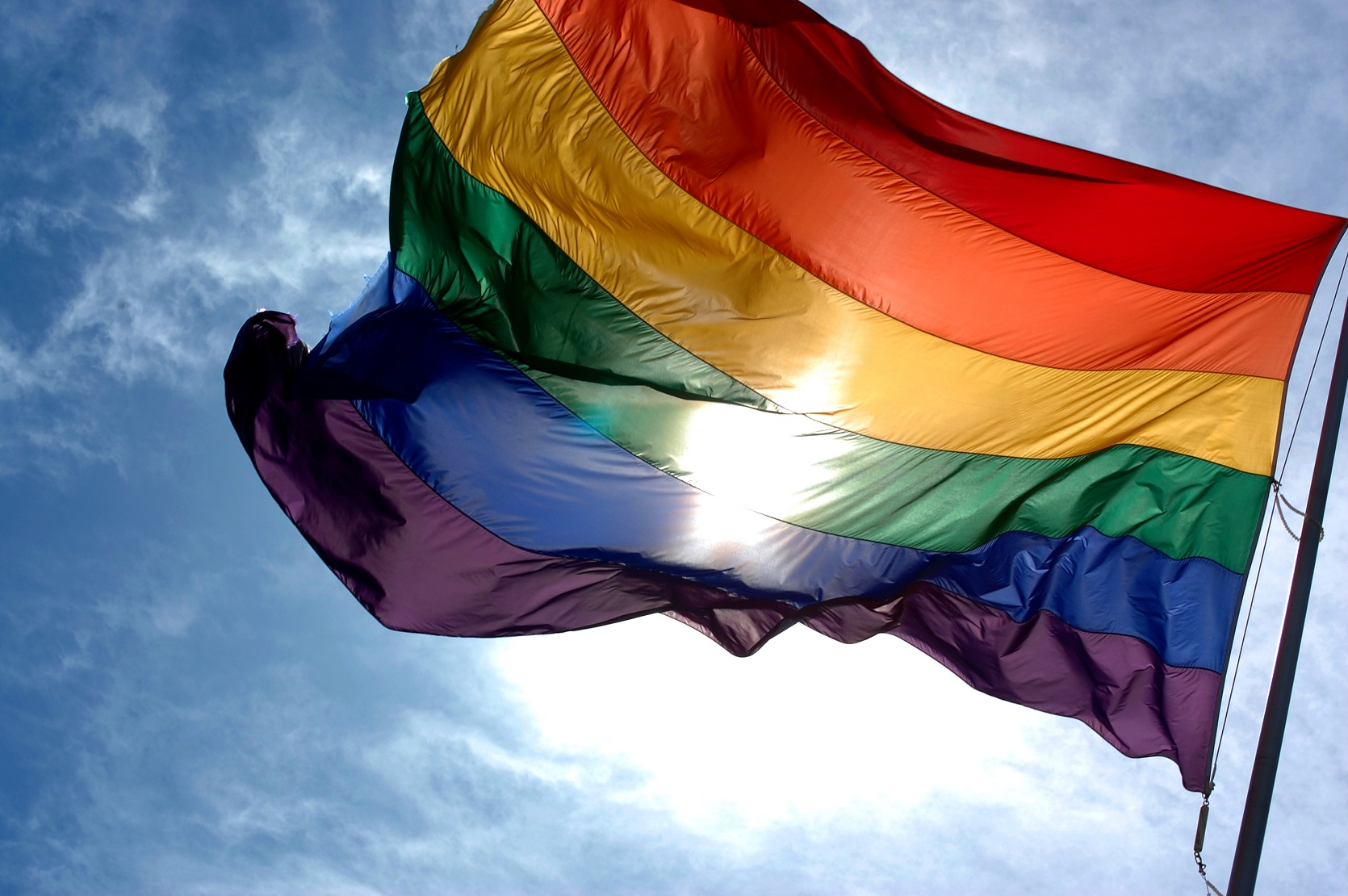Dear Pride Family,
In January 1996, my family and a close friend embarked on a road trip from western New York to Atlanta for the 10th annual Martin Luther King, Jr. Day Parade. My mom, a white woman dedicated to instilling activism and anti-racism in my brother and me, took us out of school for about a week for this impactful journey. Driving nearly 14 hours to be part of the event, little did I know then that it would become one of my roots as an organizer and activist.
What I didn’t know then was that the legacy we celebrated was significantly shaped by a Black gay man behind the scenes, Bayard Rustin. In 1996, I was unaware that Rustin, a close adviser to King, was the organizational genius behind the record-setting 1963 March on Washington for Jobs and Freedom, where Dr. King delivered his iconic “I Have A Dream” speech. Despite facing exile or sidelining from the civil rights movement because of his sexual orientation, Rustin remained a masterful strategist. An unapologetic advocate, he later focused on the intersectional fight for LGBTQIA+ equality and racial justice until his death in 1987.
What I didn’t know then was that our travel companion, Dorothy, was the first Black lesbian I’d meet. Our immediate kinship, forged in part through long hours in a minivan and perhaps also that unknown-at-the-time common thread of queerness, tied us together. Our paths diverged, but the tapestry still echoes a familiar history as we both answered a call to advocate for social justice and LGBTQ+ affirmation. Dorothy would go on to found and lead an LGBTQ-affirming church, while I would be called to organizing and advocacy for social justice.
What I didn’t know then was that the version of Rev. Dr. Martin Luther King, Jr. taught in school was only one sanitized piece of his advocacy. The commonly taught aspects – his commitment to nonviolence, the “I Have A Dream” speech, his place in the civil rights movement – are vital, but so too is his commitment to economic justice, ending class exploitation, and his intersectional, inter-movement solidarity work in the Poor People’s Campaign. His firm opposition to war and militarism, along with his belief in radical, disruptive civil disobedience, complete the multifaceted legacy. As history unfolds, social justice movements and organizations, including Pride, continue to build upon his rich legacy.
As we celebrate the life, work, and legacy of Dr. Martin Luther King, Jr throughout this weekend and on Monday, I invite us all to truly honor his legacy and the Black queer greatness connected with him. I, for one, will continue to question what I think I know about MLK – I’ll re-read (or listen to) Letters from A Birmingham Jail and exploring his less commonly discussed contributions. If you have the day off from work, I invite you to join me in using that time to recommit to the movements that move you, or be of service to your community in a way that fills you. Join us on Sunday as we march with our partners, the Original Black Panther Party, in the Annual MLK Parade!
Dive into that history that we’ve been denied – learn more about Bayard Rustin from PBS, The Guardian, or watch the new biopic Rustin on Netflix. And save the date to brush up on your organizing skills at our upcoming Pride Power Summit (April 13!).
“The arc of the moral universe is long, but it bends toward justice.” And: it doesn’t bend on its own. It’s up to us to make our own history, and to keep bending that arc toward justice.
In solidarity,
Jen LaBarbera
(pronouns: they/them)
Interim Co-Executive Director
